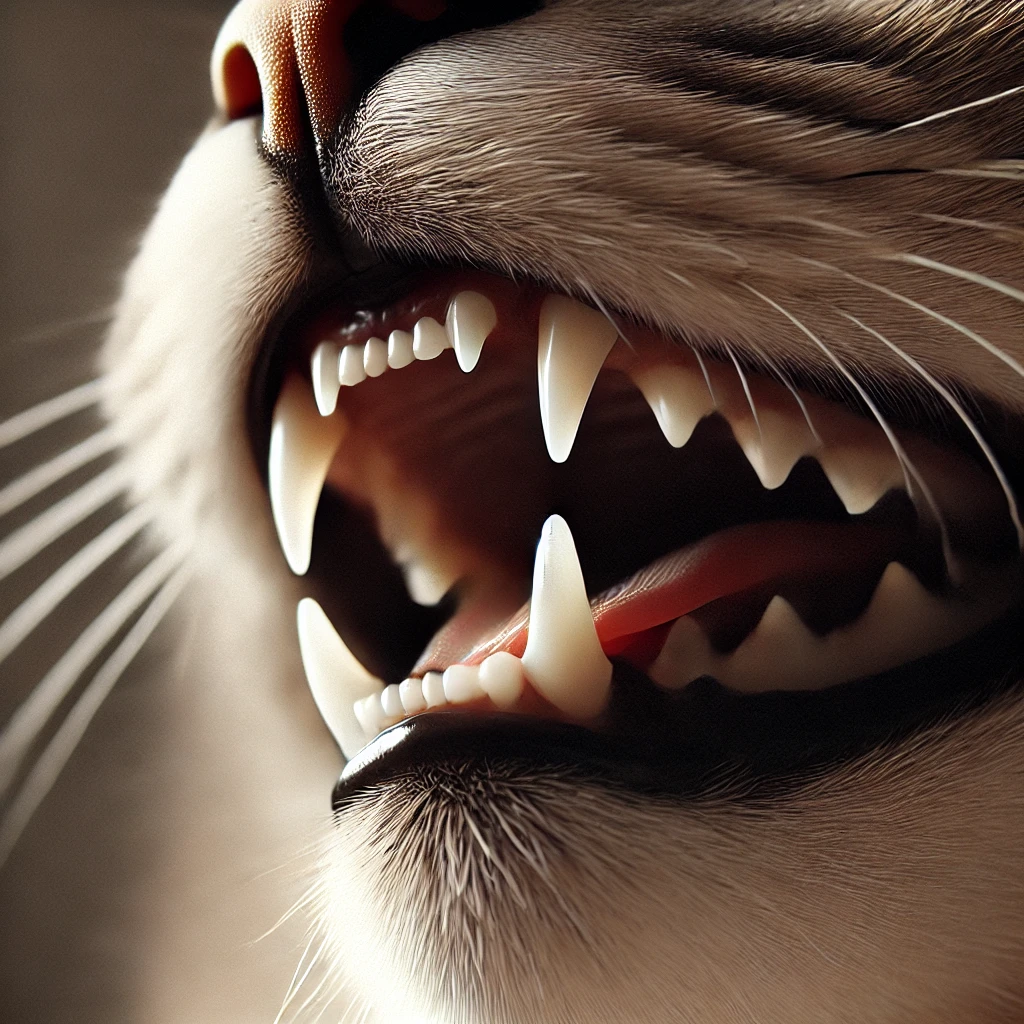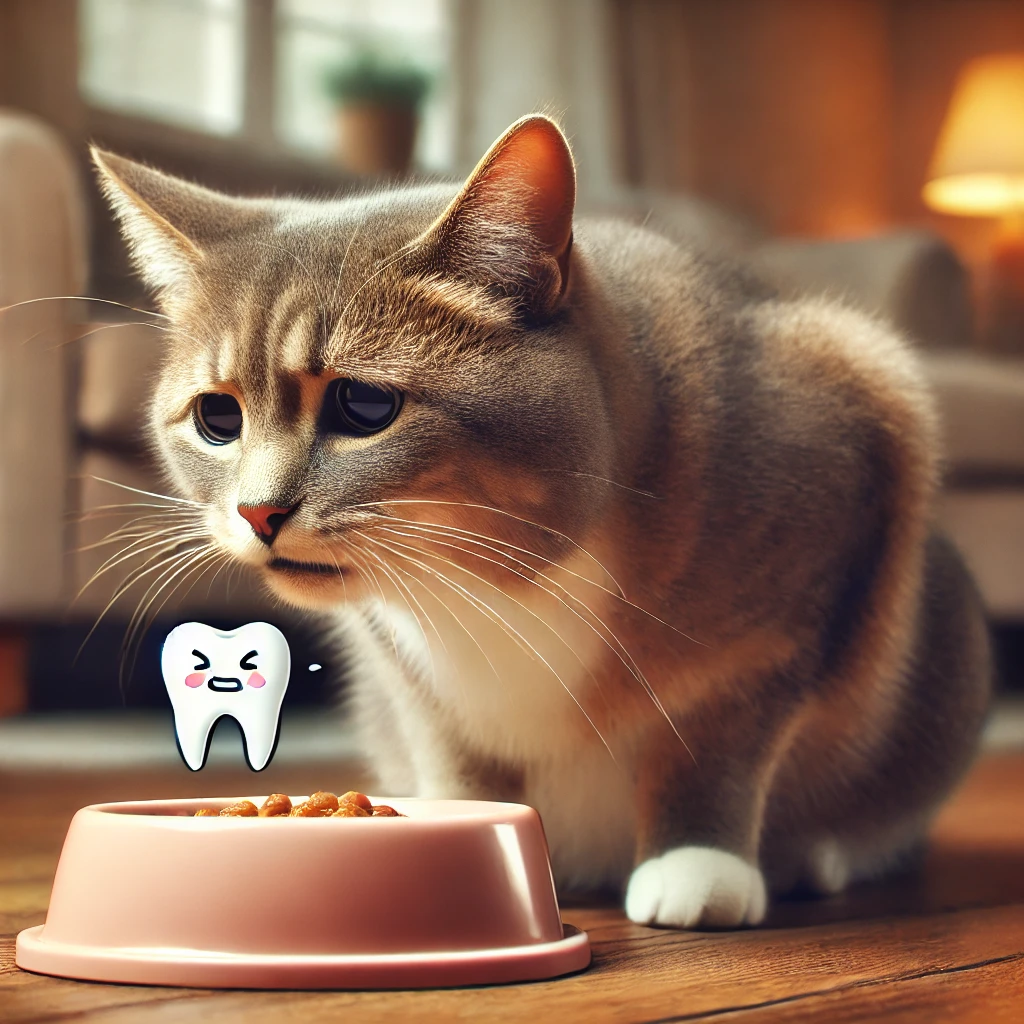Unlock the Secrets to Optimal Feline Dental Health and Well-Being
Many cat owners often overlook the essential element of their cat's dental health, which can lead to serious consequences. Just like humans, cats depend on their teeth being in excellent condition to sustain their overall health. The intricate anatomy of a cat’s mouth features sharp teeth, perfectly designed for tearing and cutting their food. When dental issues arise, they can severely hinder their ability to eat and may trigger significant health complications throughout their body, potentially reducing their lifespan and quality of life.
The prevalence of dental disease in cats is alarmingly high. Research indicates that a significant number of cats will face some dental issue at some point in their lives, ranging from minor tartar accumulation to severe ailments like gum disease and eventual tooth loss. These oral health challenges can extend beyond the mouth, potentially leading to serious complications that can affect crucial organs such as the heart, liver, and kidneys, highlighting the urgent need for proactive dental care.

Grasping the potential dangers associated with neglecting your cat's dental health is vital. When a cat develops dental disease, harmful bacteria from these infections can easily infiltrate the bloodstream, spreading throughout the body and resulting in chronic health conditions. In severe cases, these complications can dramatically diminish their quality of life. Consequently, monitoring your cat's teeth and gums should be viewed as a fundamental aspect of their overall health and well-being, not just a cosmetic concern.
Essential Indicators of Dental Issues in Cats: What Every Owner Should Notice
Identifying dental problems in your cat can be challenging, yet certain signs can help you catch potential concerns before they escalate. A significant decrease in appetite or your cat suddenly refusing beloved kibble can often indicate that something is wrong. Additionally, symptoms like excessive drooling, persistent bad breath, and visible bleeding gums clearly suggest that their oral health is compromised and urgently needs attention.
Cats are exceptionally adept at concealing pain, making it even more difficult to detect dental discomfort. It is crucial to remain vigilant and notice subtle behavioral changes, such as increased irritability, reluctance to play, or a new habit of pawing at their mouth. These behaviors can indicate underlying dental distress and should never be ignored, as early detection is integral to effective treatment.
Regular check-ups with a veterinarian are an indispensable part of maintaining your cat's dental health. A qualified vet can identify dental problems that may not be readily apparent during routine examinations. Early detection of these issues is essential, as it allows for timely treatment before minor concerns escalate into serious health threats.
Take the case of Mittens, a vibrant tabby who appeared perfectly healthy until a routine veterinary visit uncovered advanced dental disease. Thanks to prompt intervention, Mittens was able to avoid severe health complications. Mittens' story underscores the critical importance of not neglecting regular vet visits, even when your furry friend seems to be in great shape.
Establishing a Comprehensive Dental Care Regimen for Your Cat
Creating a dental care regimen for your cat may initially seem overwhelming, but with the right tools and a little patience, it can transform into a straightforward and rewarding experience. First and foremost, selecting the appropriate dental products is essential. Invest in specially designed cat toothbrushes and toothpaste; using human toothpaste is not suitable for your feline companion and can even be harmful.
Once you have gathered your dental care supplies, the next step is to gently introduce your cat to the brushing process. Cats generally need time to acclimate to having their teeth brushed. Start by letting them taste the toothpaste, making the experience enjoyable and stress-free. Following this, gently massage their gums with your finger to help them get comfortable with the sensation before introducing the toothbrush.
Professional cleanings by your veterinarian should also be an important component of your cat’s dental care strategy. Vets can perform thorough cleaning procedures and address any concerns that regular at-home care might overlook. This collaborative approach to dental health can significantly enhance your cat's overall oral hygiene and prevent future problems from arising.
If your cat resists tooth brushing, remember that patience is key. Utilize treats as positive reinforcement and keep each brushing session brief and enjoyable. Over time, your cat will adjust to this routine, allowing it to seamlessly integrate into their daily life.

Exploring How Nutrition Plays a Crucial Role in Your Cat’s Dental Health
The significance of diet in maintaining your cat’s dental health is paramount. You might be surprised to learn how proper nutrition can bolster the strength of their teeth and the health of their gums. Certain food types are specifically formulated to help reduce plaque and tartar buildup, effectively offering your cat a mini dental cleaning with every bite they consume.
When selecting food for your cat, seek out dental-specific options. These products often possess a texture designed to aid in cleaning teeth, making a noticeable impact on your cat’s oral hygiene routine. It’s akin to giving their mouth a delightful workout! However, keep in mind that while these foods are advantageous, they should complement, not substitute, regular dental care practices.
Avoid offering sticky or sugary treats that can adhere to their teeth and encourage decay. Instead, opt for treats that are both delicious and supportive of dental health. Think of these treats as little allies in your endeavor to maintain your cat’s oral hygiene, enhancing their dental health while they indulge in a tasty snack.
Integrating dental-friendly foods into your cat’s diet is easier than you might think. Begin by mixing a small amount of new food with their regular diet to observe their response. Always consult your veterinarian to ensure any dietary changes align with your cat’s specific nutritional needs while promoting optimal dental health.
The Article: Dental Care For Cats: Why It’s Important And How To Start Appeared First On Unity Pets.
The Article Was Found On https://limitsofstrategy.com
The Article Please provide the title you’d like me to rewrite. First Appeared ON
: https://ad4sc.com





No responses yet